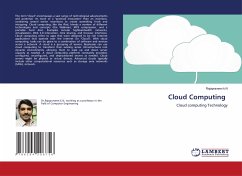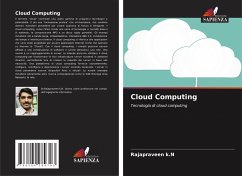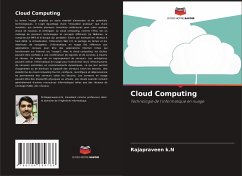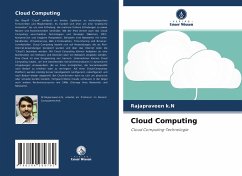
Utility Computing
On-Demand Computing
Versandkostenfrei!
Versandfertig in 6-10 Tagen
56,99 €
inkl. MwSt.

PAYBACK Punkte
28 °P sammeln!
Utility computing has recently emerged as one of the buzzwords in the ICT industry.Numerous IT vendors are promising to offer computation, storage, and application hosting services and to provide coverage in several continents, offering service-level agreements (SLA)-backed performance and uptime promises for their services.While these "clouds" are the natural evolution of traditional data centers, they are distinguished by exposing resources (computation, data/storage, and applications) as standards-based Web services and following a "utility" pricing model where customers are charged based o...
Utility computing has recently emerged as one of the buzzwords in the ICT industry.Numerous IT vendors are promising to offer computation, storage, and application hosting services and to provide coverage in several continents, offering service-level agreements (SLA)-backed performance and uptime promises for their services.While these "clouds" are the natural evolution of traditional data centers, they are distinguished by exposing resources (computation, data/storage, and applications) as standards-based Web services and following a "utility" pricing model where customers are charged based on their utilization of computational resources, storage, and transfer of data.Currently, expert developers are required to implement cloud services. Cloud vendors, researchers, and practitioners alike are working to ensure that potential users are educated about the benefits of Utility computing and the best way ...












